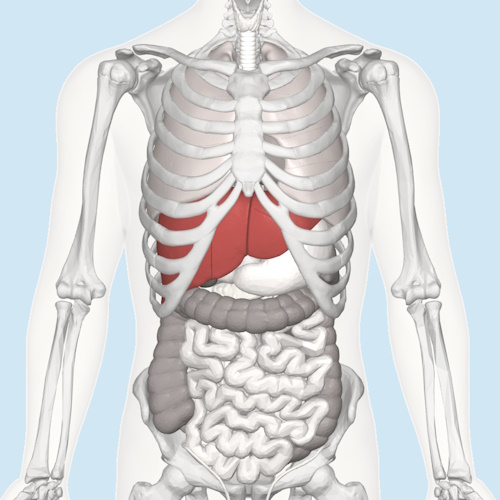Key points from article :
In a world-first medical breakthrough, surgeons in China have successfully transplanted a genetically modified pig liver into a human recipient. The pioneering procedure was performed by a surgical team at Xijing Hospital in Xi'an, led by Professor Lin Wang, and the results were published in the prestigious journal Nature.
The transplant was conducted on a brain-dead patient with the family's consent and full ethical approval. The liver, taken from a Bama miniature pig with six genetic modifications, functioned well in the human body for 10 days—producing bile, maintaining blood flow, and showing no signs of immune rejection. The experiment was halted at the family's request, though researchers believe the liver could have continued functioning longer.
This achievement marks a significant advance in xenotransplantation, the use of animal organs in humans. While pig hearts and kidneys have been transplanted previously, the liver poses greater challenges due to its many complex functions. Professor Wang emphasized that success in liver transplants represents a far more difficult hurdle.
Experts in Europe, including Professor Ivan Fernandez Vega of the University of Oviedo, hailed the work as a major milestone. The Chinese team now plans to repeat the experiment with other brain-dead patients before considering trials in living recipients. Ultimately, they envision using pig livers as temporary support organs in critical situations, potentially easing pressure on transplant waiting lists and saving lives.






